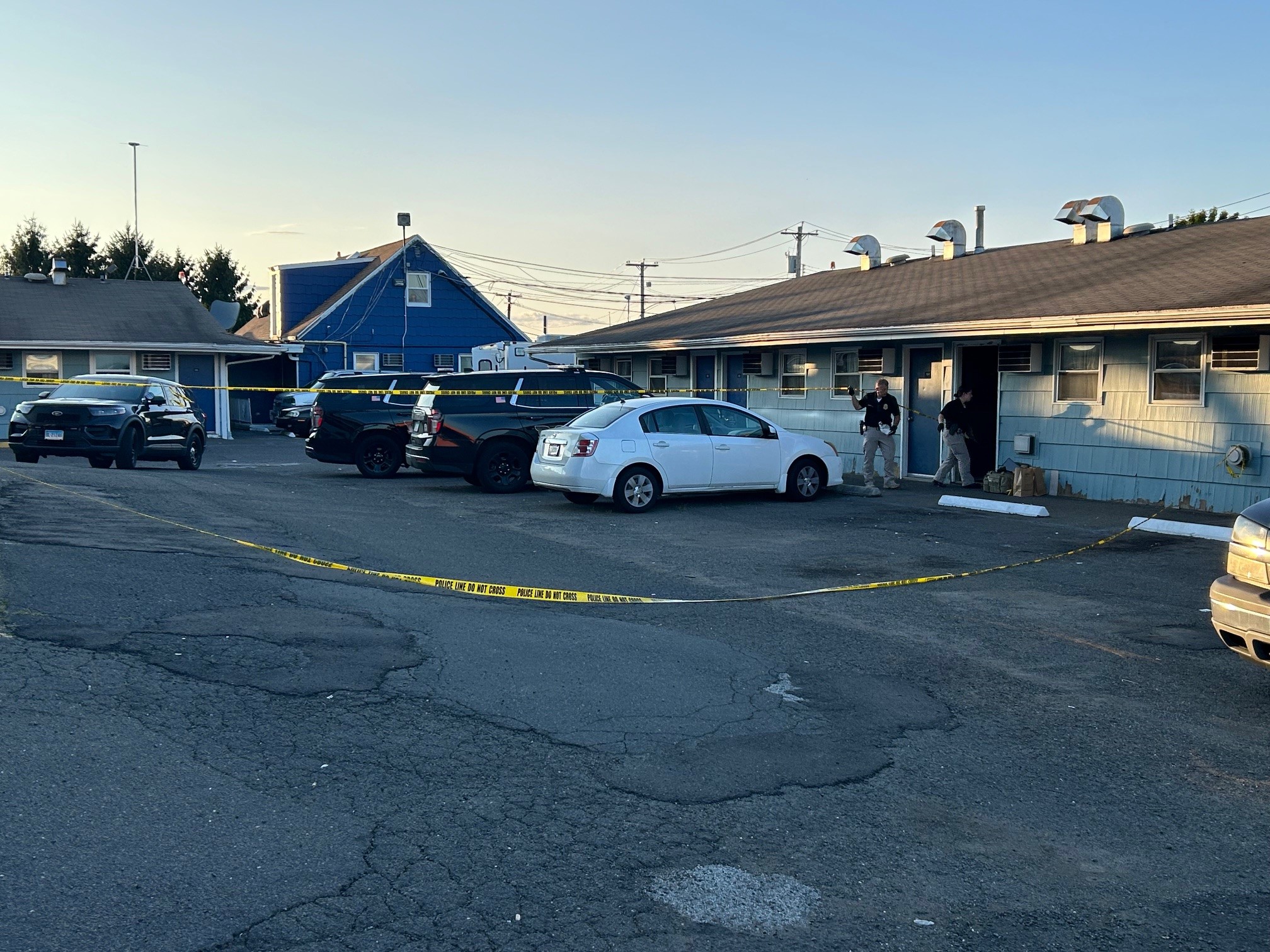Police across Connecticut have said they are concerned about the safety on the roads as recreational marijuana becomes legal in the state and they have a strong warning for people planning to legally use marijuana.
“Think things through. Do not get behind the wheel of a vehicle if you are impaired in any way because that could be life altering,” said Trooper First Class Josue Dorelus with the Connecticut State Police.
Police are adapting and adjusting to the new laws themselves. One of the biggest changes is the right to search your car.
“If you detected the odor of marijuana, essentially that vehicle would be searched for any contraband. But at this point that clearly isn’t the case because you’d be violating someone’s rights,” Dorelus said.
Get top local stories in Connecticut delivered to you every morning. >Sign up for NBC Connecticut's News Headlines newsletter.
Police also plan to train and certify more police officers so that when they leave the police academy they are Advanced Roadside Impairment Driving Experts (ARIDE) and/or Drug Recognition Experts (DRE).
These officers have specialized training in detecting if someone is under the influence. This is important because THC can stay in a person’s system for days. So if someone fails a field sobriety test and a DRE is brought in to evaluate them at the police station, it is the DRE’s expert opinion that matters most, even more than the urine test, according to Tony Guerrera, the deputy commissioner for the Department of Motor Vehicles
“Now we can suspend a license just based on the report of a DRE,” said Guerrera. “We call in a drug recognition expert because at the time you were driving, that expert acknowledged that based upon the levels of the test they performed on that individuals, warrants a suspension.”
Local
The law not only calls for more officers to be trained as DREs, but it also allows the DMV to hire additional hearing officers.
“I think we’ll probably have to have more hearing officers because I think that as any new laws passed, you have to realize there may be more people using marijuana. But we want to make sure that our roads are safe. In 2020, we had one of the highest death rates behind the wheel in 10 years. So we want to make sure we have the proper people out there like the DREs, the ARIDEs, the hearing officers, because we want to keep our roads safe and even though this legislation passed, it’s like anything, we want to make sure it’s not abused,” Guerrera said.
There are also changes for state police K-9s. Those cross-trained to detect marijuana, along with other drugs, will no longer be used for that purpose. Dorelus said instead those K-9s will serve a need in tracking, evidence recovery, and searching for missing people.
Dorelus said the state police saw these changes coming, so they’ve been preparing and any K-9s trained over the last two years have not been trained to detect marijuana.



